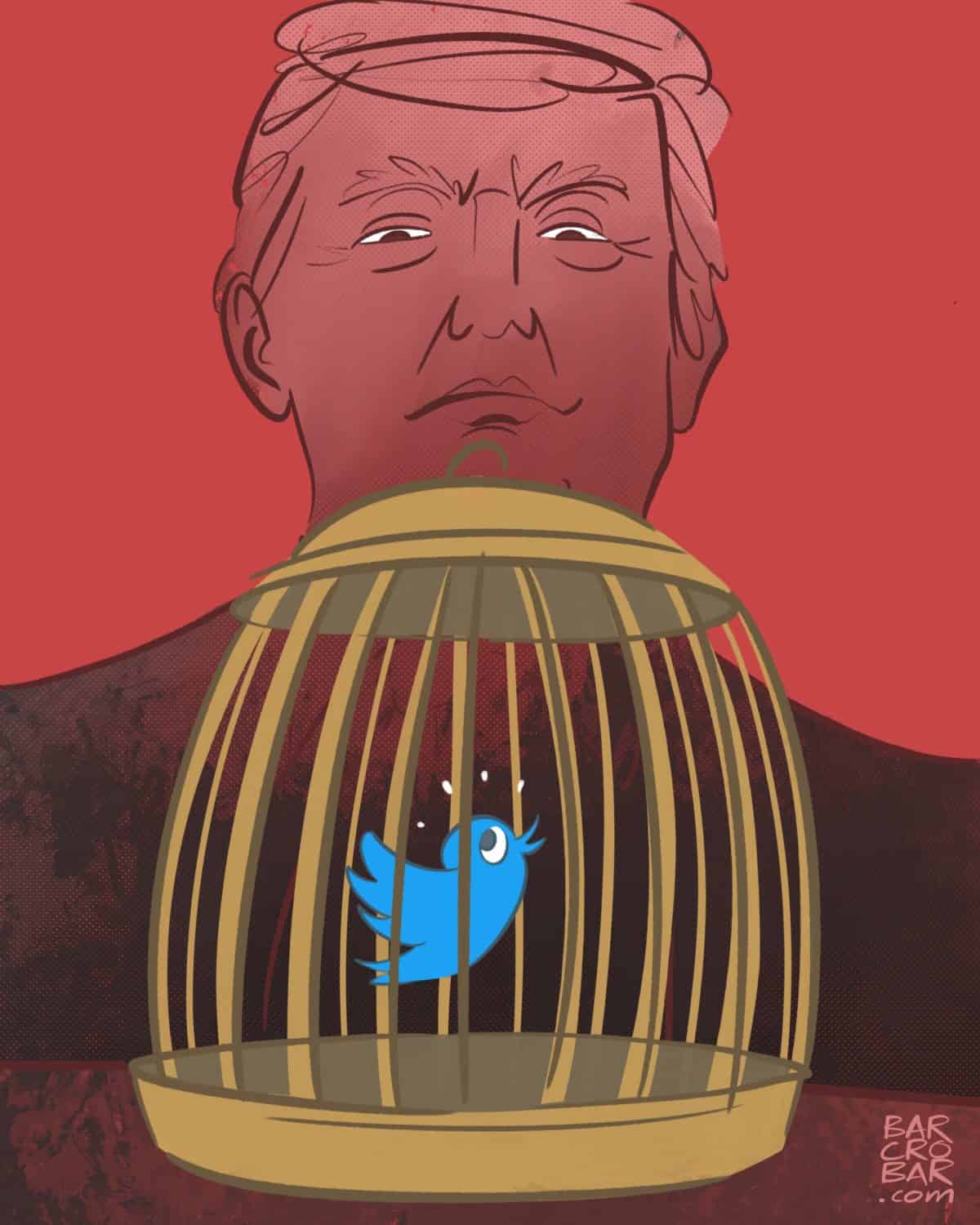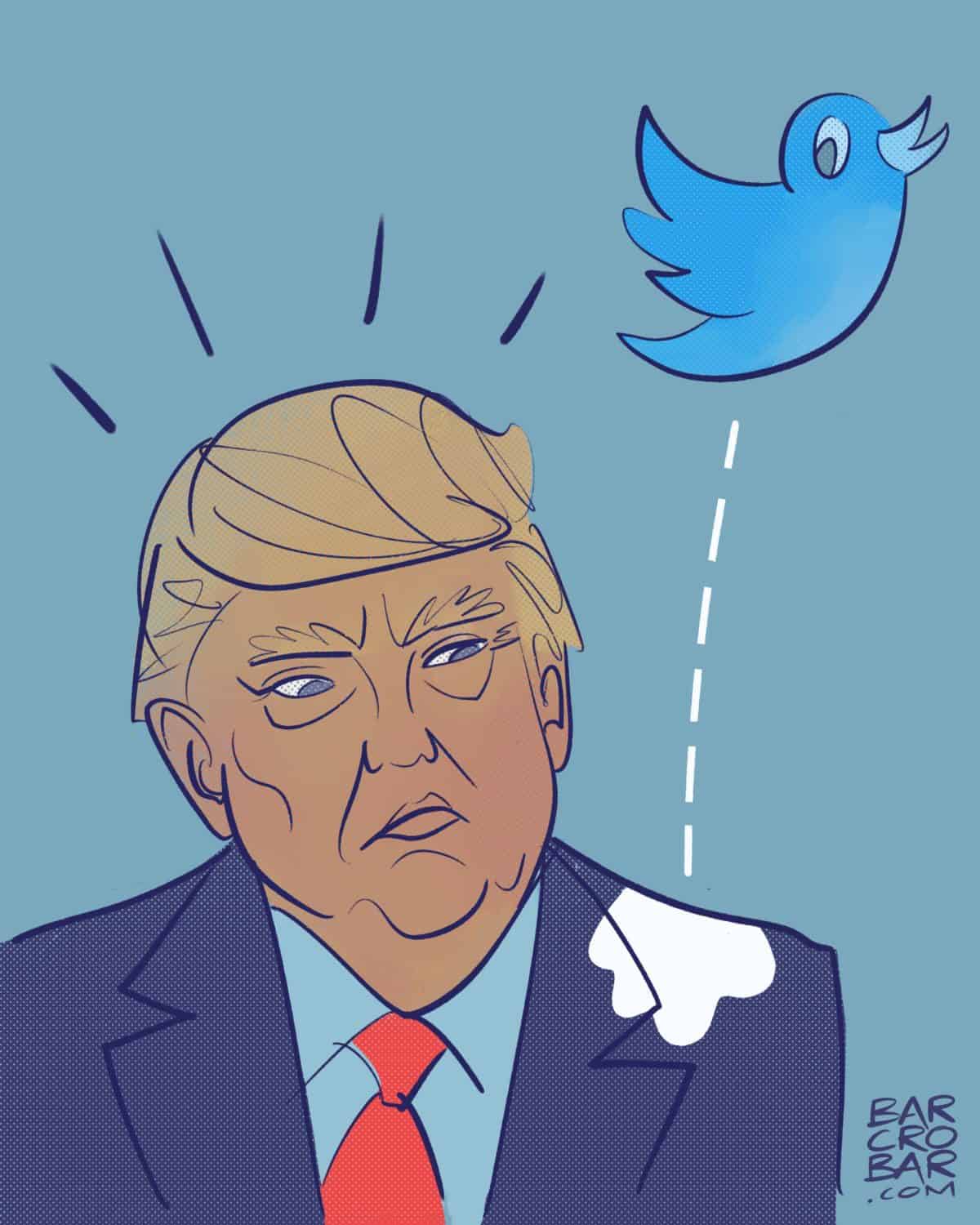Donald Trump took action on Thursday 28 May. Upset by Twitter's decision to add a link to two messages published on Tuesday stating that it was advancing untruths about the reliability of postal voting, the President of the United States signed an executive order inviting the federal agencies concerned to re-examine the cornerstone on which social networks have developed. This is section 230 (c) of the Communications Decency Act, a 1996 law, which states that sites and services that allow Internet users to publish messages are not directly responsible for these messages.
"They have the unchecked power to censor, edit, conceal or alter any form of communication between individuals and large public audiences. There is no precedent in American history for such a small number of companies to control such a large sphere of human interaction", the US President railed against the social networking behemoths. The charge is paradoxical, given that the former businessman built part of his political career on his unbridled use of Twitter. His account now has over 80 million followers.
Source: Le Monde



